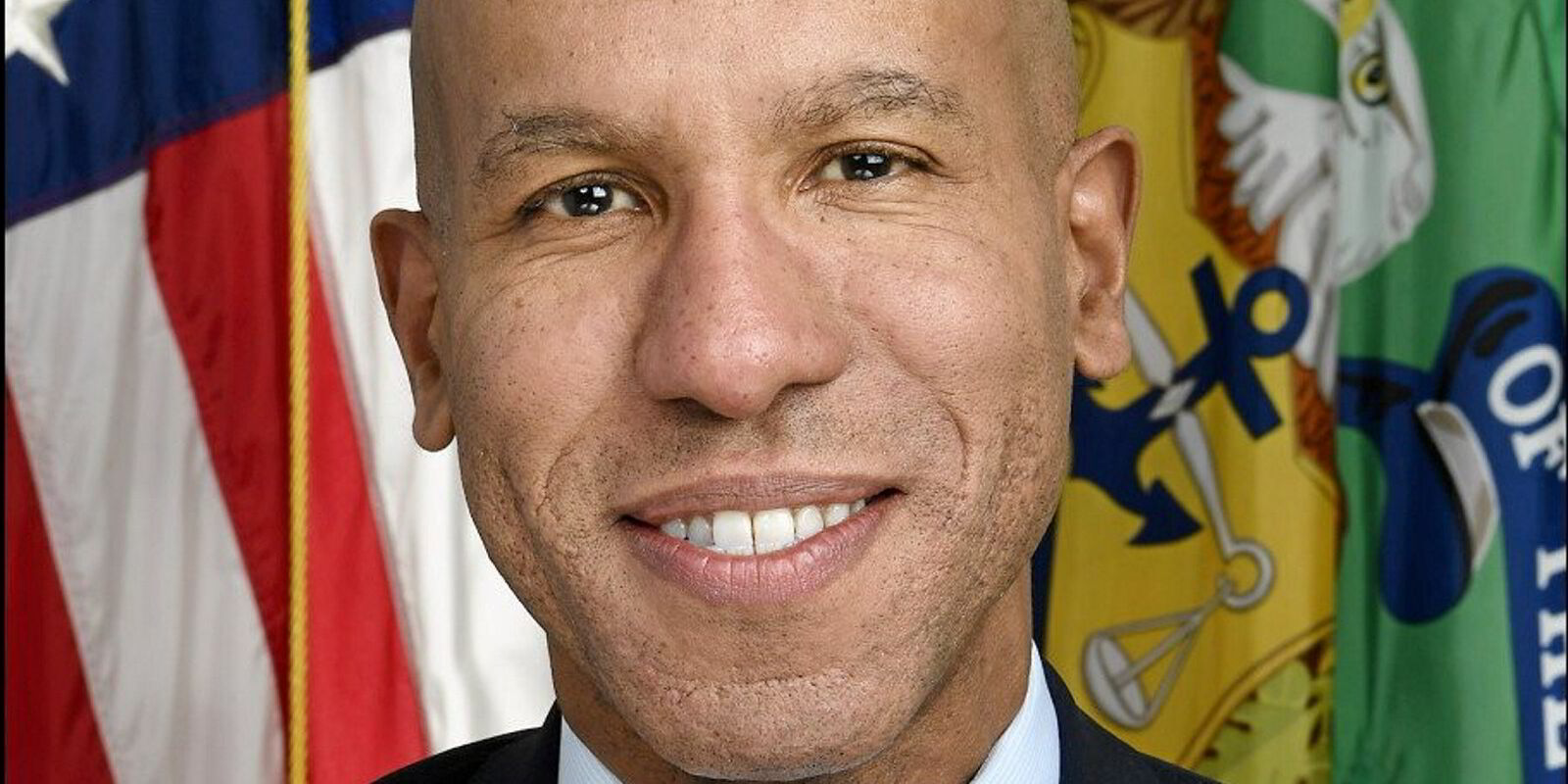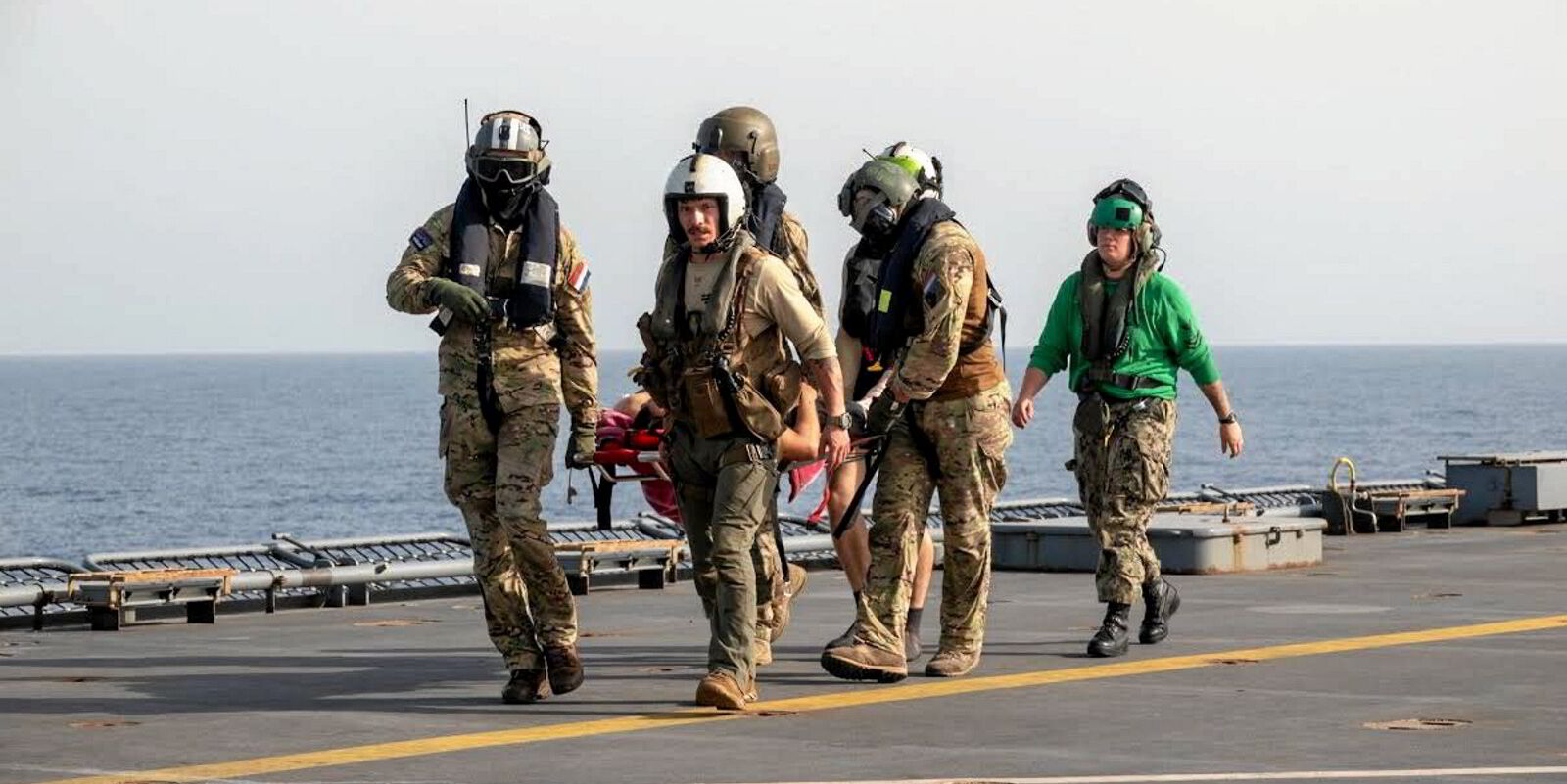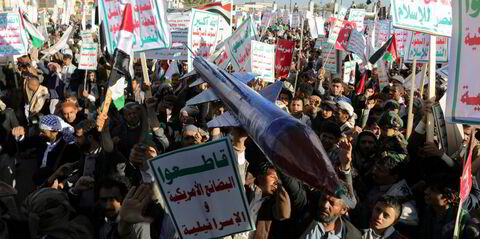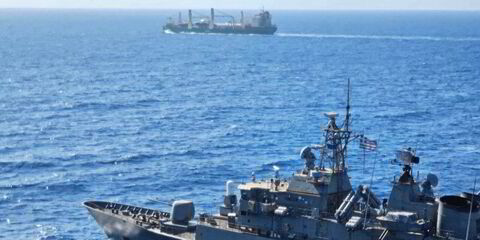The US sanctioned a Ukrainian captain and his United Arab Emirates-operated tanker on Monday over his alleged role in oil cargoes to fund Houthi weapon purchases for attacks on commercial shipping.
Vyacheslav Salyga, 52, was in charge of the 105,900-dwt Otaria (built 2000) when it loaded commodities on behalf of a shipping network run by an alleged Houthi financier, according to the US sanctions regulator.
Salyga is the third master to be targeted this month by Washington linked to the alleged sale of sanctioned Iranian cargoes. Two Indians were blacklisted last week.
Salyga, the aframax and its reported Dubai-based operator, Stellar Wave Marine, were all blacklisted because of the alleged links to Houthi financial fixer Sa’id al-Jamal.
The sale of commodities carried by the Otaria “provides an important funding stream to the Houthis that aids in their weapons procurement”, said the Office of Foreign Assets Control.
The ship was said to have loaded unspecified commodities in late May this year and is now carrying a cargo worth tens of millions of dollars, said Ofac.
The Cameroon-flagged Otaria was involved in a ship-to-ship transfer with an unknown vessel and is currently carrying 600,000 barrels of oil, according to Kpler tracking data. The tanker is currently navigating the Malacca Strait, according to MarineTraffic.
Campaign group United Against Nuclear Iran (UANI) identified the Otaria, previously named Gala and Winsome, as being involved in the trade in Iranian oil since 2020.
It has belonged to a series of different UAE-based owners and operated under a series of flags, including Gabon and Guyana, since Zodiac Maritime sold it in 2020.
TradeWinds reported in 2021 that the ship went missing for more than a month after it loaded at Sohar port in Oman.
UANI believes it spotted the Winsome later that year via satellite imagery south of the Iranian port of Bandar Abbas.
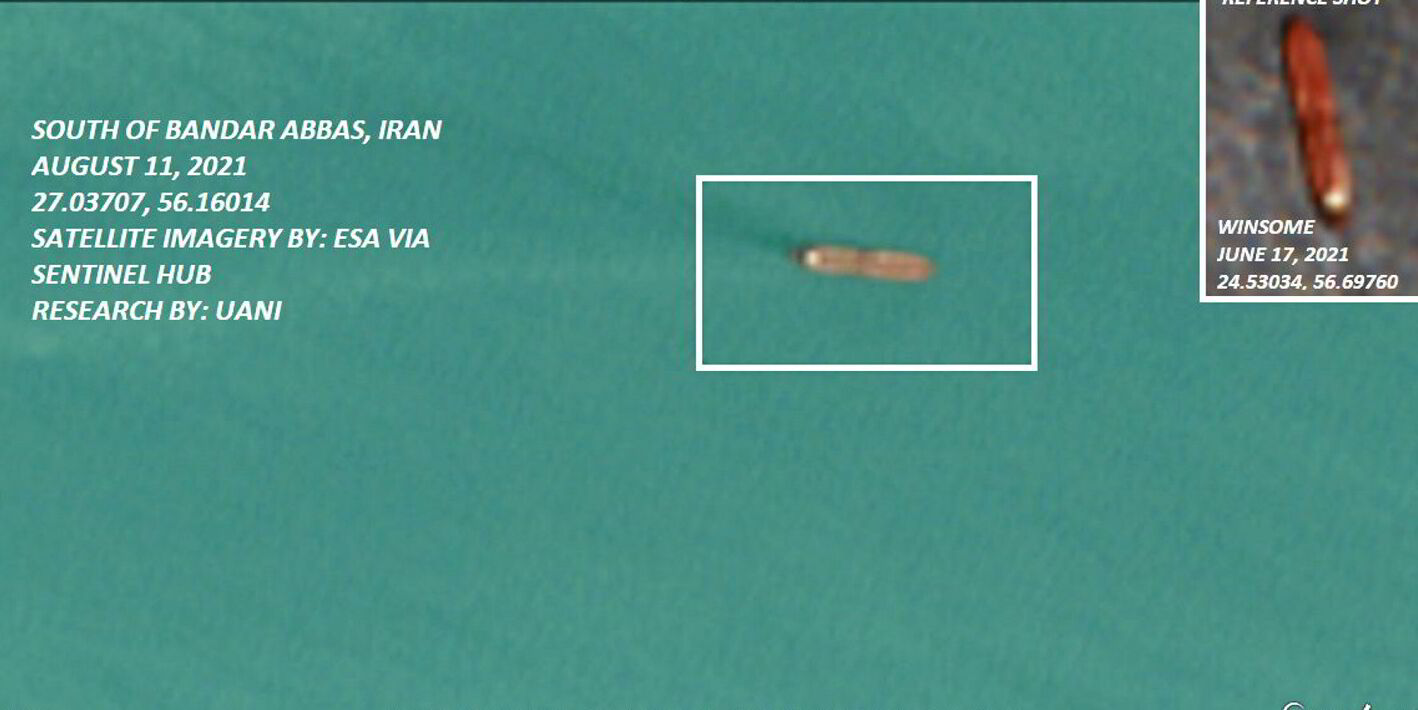
The US also targeted weapon suppliers and traders, which it says were used to source equipment used in the Houthi attacks on shipping since November.
“This action targets key actors who have enabled the Houthis to generate revenue and acquire a range of materials to manufacture the advanced weaponry they are now using to conduct ongoing terrorist attacks against commercial ships,” said Ofac.
Read more
- Tutor salvage operation still on after crew abandons ship in the Red Sea
- Should guards on ships be ready to fire on Houthi sea drones? Some security experts say yes
- Evalend bulker abandoned as crew evacuated after Houthis’ fatal attack
- Swedish Club urges rivals to pool resources ahead of shipping’s next crisis
- Seafarer severely injured in blaze after Houthis target three ships
